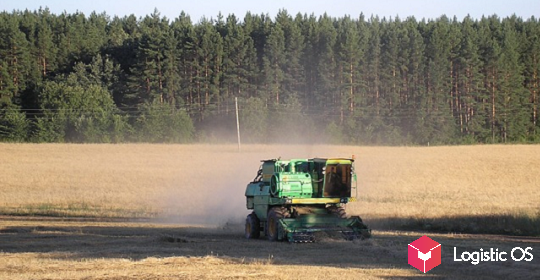The UN climate talks (COP28) were recently held in Dubai. The focus was on areas such as agriculture and food production.
Climate change, which is accompanied, among other things, by a constant increase in temperature on the planet, in the future may turn into one of the most important challenges facing humanity.
The Loss and Damage Fund has already been created, which is designed to compensate for the damage to farmers who have lost their crops due to climate change.
At the same time, funds are transferred to the fund, but not enough.
For example, the UAE and Germany recently sent $100 million each, but other countries such as the US and Japan are in no hurry to do so.
While the problem is more than relevant, experts say.
“In 2030, people in vulnerable countries will face up to $580 billion in climate-related losses, and this figure will only grow,” said Ani Dasgupta, president and CEO of the World Resources Institute.
The main purpose of the fund is to support farmers from developing countries, who are minimally responsible for climate change, but they are often the ones who have to face the most adverse consequences, including sea level changes, which can make it impossible to farm in their usual territories.
Agriculture and food will be prioritized for climate action
134 countries have signed an agreement that implies close work with these industries.
The point is to significantly reduce greenhouse gas emissions that accompany agricultural production. In addition, the countries that signed the agreement pledged to take steps to restore soil fertility.
This will, among other things, require significant funding to change the technologies used to produce food, as well as create the necessary infrastructure and invest in early warning systems for possible problems associated with climate change.
It is emphasized that the 134 countries that became parties to the agreement produce a total of up to 70% of all food in the world and are home to almost 6 billion people.
Therefore, efforts on the part of these countries could really slow down climate change, experts believe.
At the same time, the agreement drew criticism because food manufacturing and agriculture were named as the main sectors responsible for climate change, while fossil fuels were not mentioned.
Many experts believe that it is its use that contributes to the maximum extent to the adverse consequences that climate change can cause.

